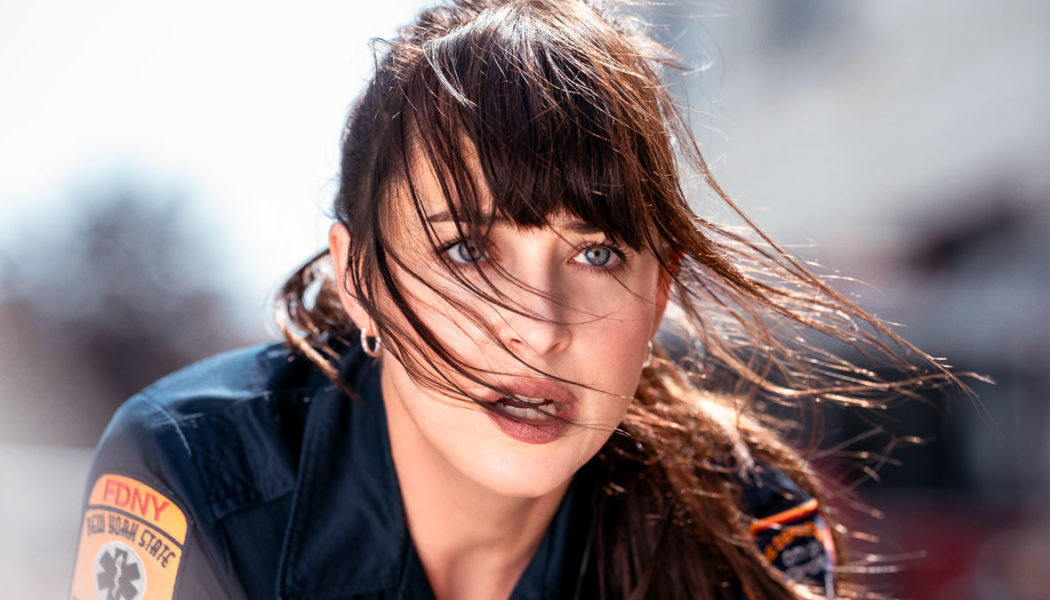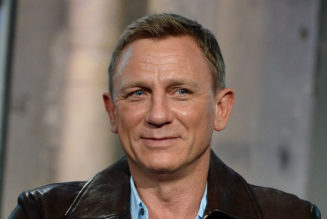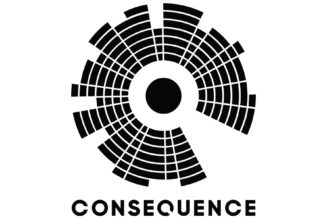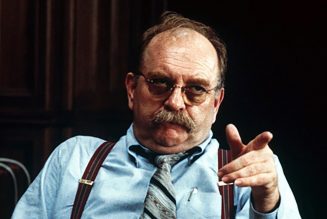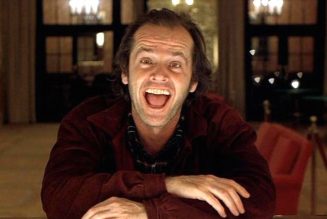
Madame Web, Sony’s latest effort to hold onto the rights to its Spider-verse of Marvel characters, is about a young woman (Dakota Johnson) whose secret spider-based powers cause her to get unstuck in time, eventually giving her the ability to see the future. The predicament of Cassandra Webb, it turns out, is actually a pretty good mirror for the critically panned movie; it’s not just bad, but it’s bad in very specific ways that reflect a totally different era of superhero filmmaking. Specifically, 2003 — the same time period in which the movie is set.
It honestly seems like we’ve all forgotten how bad superhero movies used to be, on a regular basis. Because let me tell you, children, of a time before the ascension of Kevin Feige. A time when major studios knew that nerdy adults, but more importantly kids and teenagers, would go to see movies featuring superheroes. A time when many of said major studios had no conceivable idea how to translate those stories into actually good cinema.
It was a dark time. Prior to Christopher Nolan changing the game with Batman Begins and especially The Dark Knight, even the better superhero movies had their goofy moments, as American cinema slowly developed a whole new language not just for crafting this genre, but understanding it. For every X2: X-Men United, you got a… well, X-Men: The Last Stand — hacky nonsense without any clear point-of-view… or point at all, really.
Related Video
Madame Web happens to be making its theatrical premiere exactly 21 years after the 2003 Daredevil (not a shining moment for anyone involved except Colin Farrell), and since those days, the industry as a whole has learned so many lessons about creating layered characters from fantastical origins, about hitting the right balance between awestruck adventure and self-aware humor. Unfortunately, Madame Web exists in an alternate universe where none of that happened, taking the concept of it being a period piece to the most literal extent possible. Again, not only is this movie is set in the year 2003, it could have been made then.
Okay, some of the film’s flaws are pretty universal across space and time. Director S.J. Clarkson’s bonafides when it comes to superhero stories are legit — her moody, atmospheric direction was an essential component of Marvel’s Jessica Jones Season 1 — however, this plays like a work-for-hire job. Meanwhile, Dakota Johnson gives exactly the kind of performance you give when you’re a young actor in Hollywood and your agent tells you “You gotta do a superhero movie” and you resent the fact that you didn’t feel like you could say no.
To be fair, Johnson’s given a cardboard cutout of a character to work with: Cassie’s arc is that she doesn’t like… having to engage with people? Because she grew up in foster care? And then at the end, she’s engaging with people. It’s technically more character development than we got in Ant-Man and the Wasp: Quantumania, but that really isn’t saying much.
